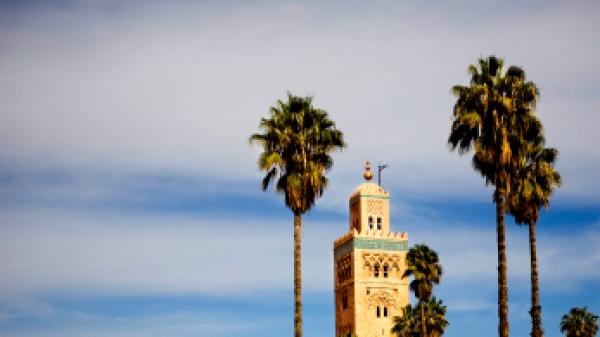Morocco to End DST Before Ramadan
Morocco will end its daylight saving schedule between Thursday, August 20, and Friday, August 21, 2009.

Morocco to End DST Before Ramadan
©iStockphoto.com/Xavi Arnau
Morocco will end daylight saving time (DST) at midnight (00:00) between Thursday, August 20, and Friday, August 21, 2009. It is expected that the nation’s clocks will move back from being one hour ahead of Coordinated Universal Time (UTC+1), to UTC+0, before Ramadan occurs.
The Moroccan government trialed DST in 2008 as a way to save energy and boost trade relations with other countries. The trial was a success and the government used DST again in 2009. Parts of the Western Sahara that are controlled by Morocco change their clocks with the rest of the nation when DST changes occur.
DST to End Before Ramadan
Various news and information sources state that Morocco’s DST schedule for 2009 will end before Ramadan starts. timeanddate.com recently contacted a Moroccan embassy official who believed that Morocco’s DST schedule would end at midnight (00:00) between Thursday, August 20, and Friday, August 21, 2009. A United States Embassy officer in Morocco also confirmed that “Morocco will return to Standard Time at the end of the evening on Thursday, August 20, 2009”. A spokesperson from the Ministry of Awqaf and Islamic Affairs said DST, as a rule of thumb, ends before Ramadan in Morocco.
Morocco’s Time Zone
Morocco observes Western European Summer Time (WEST), which is UTC+1, during daylight saving time. It reverts one hour back to Western European Time (WET), which is UTC+0, during the non-daylight saving period.
Brief Background on DST in Morocco
Morocco observed daylight saving time during the 1970s but discontinued it after 1978 due to its unpopularity among the Moroccan population at the time. Moreover, many people felt that daylight saving time did not create any major benefits for the country and its people.
The Moroccan government revived DST across the country in 2008. The 2008 DST schedule ran for about four months and was considered as a trial period. The Moroccan government then announced in early 2009 that the nation would continue to observe daylight saving time as a way to save energy. Morocco’s Ministry of Modernization of Public Sectors said in a public announcement that the 2008 daylight saving schedule showed positive results for the country. The Ministry of Energy also conducted a study that supported the government’s decision to adopt daylight saving time in 2009.
The study showed that the daylight saving arrangement reduced the time difference between Morocco and its regional and international trade partners. This reduced time difference meant that offices in Morocco were able to improve their communications and work in synchronization with major trading partners in other countries, particularly in the European Union.